In my Django's settings.py I have
SESSION_COOKIE_HTTPONLY = True
SECURE_CONTENT_TYPE_NOSNIFF = True
SECURE_BROWSER_XSS_FILTER = True
X_FRAME_OPTIONS = 'DENY'
SESSION_COOKIE_SECURE = True
CSRF_COOKIE_SECURE = True
SECURE_SSL_REDIRECT = True
SECURE_HSTS_SECONDS = 15768000
SECURE_HSTS_INCLUDE_SUBDOMAINS = True
SECURE_HSTS_PRELOAD = True
SESSION_COOKIE_AGE = 2 * 24 * 3600
However https://detectify.com has found that this flag isn't set for csrftoken cookie. I checked what Chrome tells about the cookie, and if I understand correctly, the empty HTTP column confirms that the two cookies are not HTTP-only: 
Also, if I do document.cookie in chrome's console, the csrftoken value is shown.
I wonder why this could be the case. I have Django running on uwsgi and nginx. The nginx configuration is as follows, and the site in question is https://rodichi.net:
server {
listen 443 ssl http2 default_server;
server_name rodichi.net;
ssl_certificate /etc/letsencrypt/live/rodichi.net/fullchain.pem;
ssl_certificate_key /etc/letsencrypt/live/rodichi.net/privkey.pem;
ssl_dhparam /etc/ssl/certs/dhparam.pem;
ssl_protocols TLSv1.1 TLSv1.2;
ssl_prefer_server_ciphers on;
ssl_ciphers "EECDH+AESGCM:EDH+AESGCM:AES256+EECDH:AES256+EDH";
ssl_ecdh_curve secp384r1;
ssl_session_cache shared:SSL:10m;
ssl_session_tickets off;
ssl_stapling on;
ssl_stapling_verify on;
charset utf-8;
... # location settings follow here
```